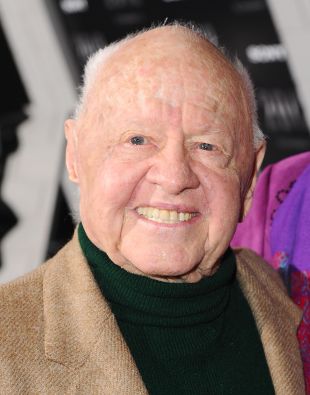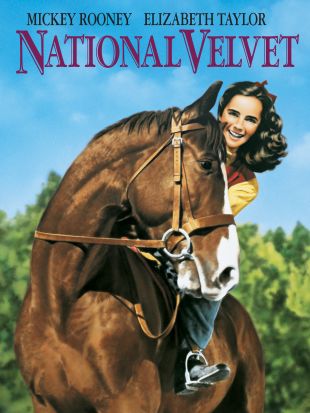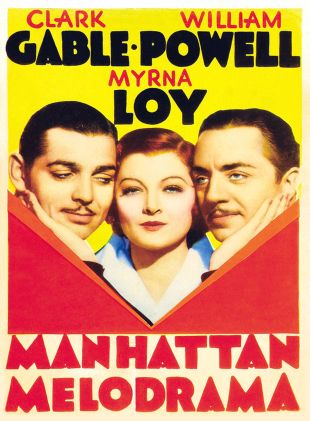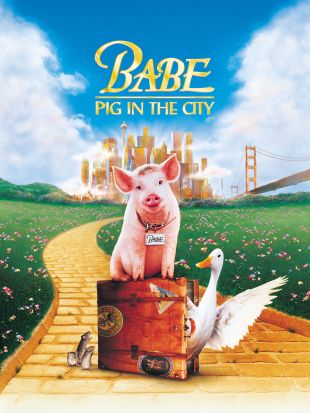A versatile American screen actor and former juvenile star who made up in energy what he lacked in height, Mickey Rooney was born Joe Yule Jr. on September 23, 1920, in Brooklyn, NY. The son of vaudevillians, Rooney first became a part of the family act when he was 15-months-old, and was eventually on-stage singing, dancing, mimicking, and telling jokes. He debuted onscreen at the age of six in the silent short Not to Be Trusted (1926), playing a cigar-smoking midget. His next film was the feature-length Orchids and Ermine (1927). Over the next six years, he starred in more than 50 two-reel comedies as Mickey McGuire (a name he legally adopted), a series based upon a popular comic strip, "Toonerville Folks." In 1932, he changed his name to "Mickey" Rooney when he began to appear in small roles in feature films. He was signed by MGM in 1934 and gave one of the most memorable juvenile performances in film history as Puck in A Midsummer Night's Dream (1935).
A turning point in Rooney's career came with his 1937 appearance as Andy Hardy, the wise-cracking son of a small-town judge, in the B-movie A Family Affair. The film proved to be such a success that it led to a string of 15 more Andy Hardy pictures over the next twenty years. The films were sentimental light comedies that celebrated small-town domestic contentment and simple pleasures, and the character became the one with which the actor became most identified. Rooney went on to a memorable role in Boys Town (1938) and several high-energy musicals with Judy Garland. Added to his Andy Hardy work, these performances caused his popularity to skyrocket, and, by 1939, he was America's biggest box-office attraction. Rooney was awarded a special Oscar (along with Deanna Durbin) in 1939 for his "significant contribution in bringing to the screen the spirit and personification of youth, and, as a juvenile player, setting a high standard of ability and achievement." His popularity peaked in the early '40s with his appearances in such films as The Human Comedy (1943) and National Velvet (1944), the latter with a young Elizabeth Taylor. After his World War II service and subsequent military discharge, however, his drawing power as a star decreased dramatically, and was never recovered; suddenly he seemed only acceptable as a juvenile, not a grown man.
In the late '40s Rooney formed his own production company, but it was a financial disaster and he went broke. To pay off his debts, he was obliged to take a number of low-quality roles. By the mid-'50s, though, he had reinvented himself as an adult character actor, starring in a number of good films, including the title role in Baby Face Nelson (1957). Rooney continued to perform in both film, television, stage, and even dinner theater productions over the next four decades, and debuted on Broadway in 1979 with Sugar Babies. Although his screen work was relatively erratic during the '90s, he managed to lend his talents to diverse fare, appearing in both Babe: Pig in the City (1998) and the independent Animals (And the Tollkeeper) (1997). In 2006 Rooney was back on the big screen in the comedy hit A Night at the Museum, with a slew of subsequent roles on low-budget fare preceding an appearance in 2011's The Muppets. That same year, Rooney made headlines when he testified before Congress on the issue of elder abuse, and revealing himself as one of many seniors who had been victimized as a result of their age. Rooney continued working until his death in 2014 at age 93.
During the course of his career, Rooney received two Best Actor and two Best Supporting Actor Oscar nominations, the last of which for his work in 1979's The Black Stallion. He also won a Golden Globe for the 1981 TV movie Bill. In 1983, while undergoing a well-publicized conversion to Christianity, he was awarded a special Lifetime Achievement Oscar "in recognition of his 60 years of versatility in a variety of memorable film performances." Rooney published his autobiography, Life Is Too Short, in 1991. His eight wives included actresses Ava Gardner and Martha Vickers.



